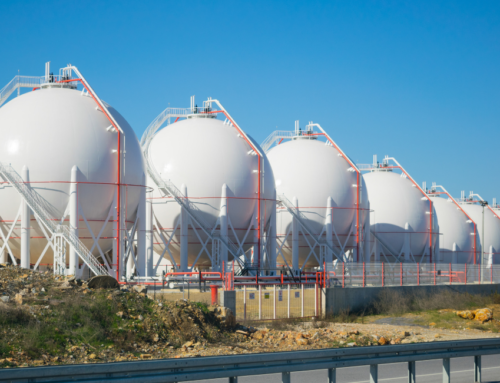At a Glance:
Many commercial energy brokers make the mistake of only looking for the lowest price when choosing a supplier for their customers; however, there is much more to a supplier than their price. In this article, we will teach you the top things to evaluate when choosing an energy supplier.
Click on the links to jump ahead:
Financial Strength.
If you’re reading this article and you’ve been an energy broker for some time, chances are you haven’t thought about the financial strength of a supplier… unless you had customers with one that recently went bankrupt. The financial strength of an energy supplier is just as important as its price offer. After all, what good is the price if they will no longer be in business to honor it?
There have been many stories over the last few years of retail suppliers that went bankrupt and left customers hanging: Agera Energy, Liberty Power, and Sunwave Energy to name a few. In these cases, customers who thought they had a great fixed price for a long period of time were notified that their supplier was going bankrupt and their rate was no longer valid. Now, there were a few cases where another supplier purchased the customer and honored the rate, but many were left having to scramble.
And, as an energy broker, what about your commissions? If you had customers with any of these suppliers, you might have felt the pain of losing those residuals overnight.
Determining the strength of a supplier is not easy unless they are publicly traded. However, it is very important to learn your suppliers’ backing and whether or not they have the financial fortitude to weather a volatile market. The last thing you want to have to do is explain to a customer why their low, fixed-rate is no longer valid.
Is It Truly Fixed?
Next, the supplier’s fixed-rate offerings. In the modern era, there are many retail electric providers that have language in their contracts that allow them to pass through additional costs to customers (transmission adjustments, etc.). If you are selling a fully-bundled fixed rate to a customer, it is a hard conversation to have if new charges show up on their bill in the middle of the contract. Some suppliers, such as AEP Energy and Direct Energy, offer super-saver fixed rates that do not contain any pass-through language in the contracts.
It is vital to understand the product offerings of each supplier and the details of their contracts. If you have a customer that is looking for a fixed rate that is not subject to any adjustments, then finding the suppliers that offer this product is critical to being a successful broker.
Hidden Contract Language.
Don’t fall for the bate of an extremely low fixed price. If you happen to see a supplier offering that is much lower than the rest of the pack, this should raise a red flag in your head. Now, that could be a legitimate offer, but it is always best to read the entire contract first before sending it to your customer for signature. Many supplier contracts have hidden language that does not benefit your customer. Here are some of the common clauses to watch out for:
Service & Support.
Next is service and support. It is imperative to work with suppliers that have exceptional customer service teams. When issues come up with your customers, you need to be able to get answers fast. When you are just the broker, you do not have direct control over many of the aspects of your customer’s service with the supplier. Things like dropped utility accounts and other customer questions need answers quickly. Suppliers that offer responsive service are worth their weight in gold.
Pricing.
And last, but certainly not least, is pricing. It is critical, as an energy broker, to find the best rates for your customers with the least amount of risk. As we stated above, beware of suppliers with pricing that seems to go to be true. It is critical to find good rates for your customers, but some of these other factors must also be present.
Partner With Us.
Diversegy’s full-serve sales platform offers agents, teams, brokers, and customers many benefits. Our program is a commitment and investment into the future of the competitive retail energy industry. Here are some of the reasons to partner with us:




